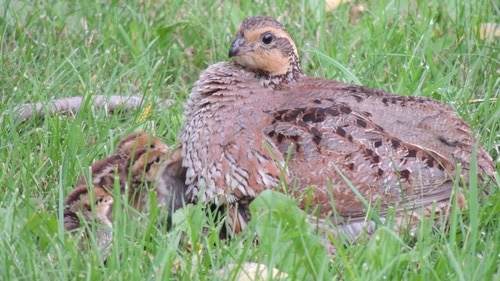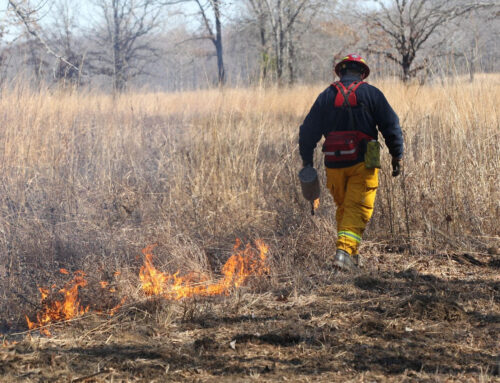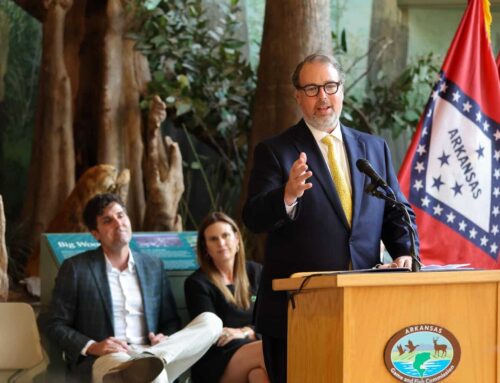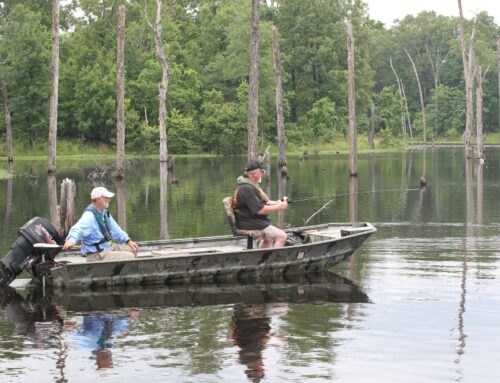The break in triple-digit temperatures may inspire many outdoors enthusiasts to pick up their hiking, cycling and camping adventures, and many hunters’ minds already are centered around improvements they can make in their favorite hunting location or scouting a new piece of public land for fall. If you happen to scare up a covey of quail or see a turkey during your adventures, the AGFC wants to know.
Turkey and quail sightings can both be entered into the AGFC’s Annual Wild Turkey and Quail Population Survey, which is available via website at www.agfc.com/turkeysurvey or through the AGFC’s smartphone app. (Download the iPhone app here or Download the Android app here.)
In addition to helping biologists gauge the hatch, participating in the survey can guide future habitat work on public and private land, particularly with surveys to the quail response.
Clint Johnson, AGFC Quail Program coordinator, said the focus on giving accurate locations is extremely important when submitting reports of quail coveys and hens with quail chicks.
“Quail populations are a bit more patchy throughout the state than turkeys,” Johnson said. “Quail can be found in every county in the state, but some areas have healthier populations than others. We want to identify those patches and focus our habitat efforts to strengthen them. The data also will help us verify any population increases in areas where habitat work has taken place to show us that we’re on the right track.”
Jeremy Wood, AGFC Turkey Program coordinator, said the data shared in the survey will be generalized across counties or regions. So hunters or other observers providing specific coordinates can submit without fear of giving away their personal hotspot.
“I’m a turkey hunter, too, and I know how quiet you need to be to keep a good place a secret,” Wood said. “We only require and share location data at a county level, but the more specific location information people are willing to provide, the better it can be used to focus our conservation efforts.”
Wood added that increased data on turkey information can show biologists possible gaps where good habitat may exist but the birds have not found their way to make the best use of it.
“The data we’ve collected so far through the survey is a good start, but only 240-250 participants contribute to the effort, and a good number of those are employees of the AGFC and other agencies who are reporting while doing work in other capacities,” Wood said. “That’s less than one percent of current estimates of turkey hunters in Arkansas. If we could get even one percent (more would be better) of our hunters to report quail and turkeys they see from June through August, it would boost our data tremendously. It only takes a minute or two to report through your phone or computer, and it will make a big difference to our conservation efforts.”






